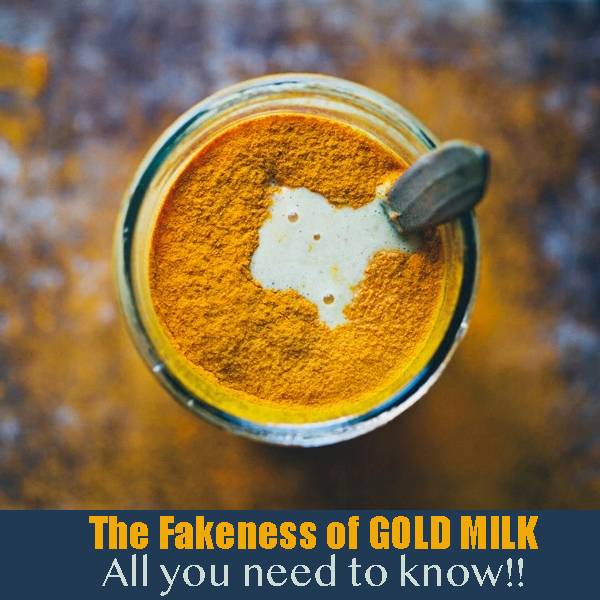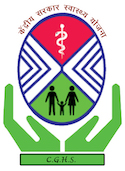Dietetics in Ayurveda
The nourishment of bodily tissues is possible only through a balanced and nutritious diet. A balanced diet is responsible for the growth of living human body. All the edible substances which can be termed as food material are a part of diet. The diet which is fresh and with normal color, smell, taste and touch is essential and is known as the ‘Prana’ or life force of all the living beings in the universe. The sequel of life is reiterated or maintained by proper balanced diet, while fasting leads to a breach in this sequel and hence diet is known as ‘Prana’. Diet imparts physical and psychological strength, good complexion and healthy developed bodily tissues. The Indriya or sense organs are also replenished by food. All these and other benefits are acquired from a healthy and balanced diet which is eaten in a proper manner following certain basic rules and regulations.
In Ayurveda some principles are described which need to be scrutinized before consuming any kind of diet. A balanced and nutritious diet which is also in accordance with the factors mentioned herein helps in proper growth and nourishment of the bodily tissues. These are Prakruti, Karan, Kala, Desha, Sanyoga, Rashi, Upayoganiyam and Upayokta. While eating all the factors should be considered and diet should be according to these only.
- Prakruti: – The attributes of any substance are fixed and cannot be altered. These attributes which are elemental in any substance are known as ‘Prakruti’. These attributes are the basic nature of any food stuff e.g. green gram exhibit the attribute Laghu – light in nature and easy to digest while the black gram are guru – heavy in nature and hard on digestive system; similarly the meat of hen and rabbit is laghu while that of a wild bear is guru.
- Karan: Karan implies treating or preparing. The different processes of roasting, frying, steaming, churning, beating followed while preparing a certain recipe from a raw food material are called Karan. These treatments or ‘Sanskar’ are capable of altering certain attributes of food material and thus making them more beneficial to the body like the process of steaming raw rice grains makes them easily digestible or even edible. The curd is abhishyandi in guna, while the buttermilk which is prepared by churning the curds is grahi in guna. The alteration in attributes of a substance is possible by treating the raw material with the help of various processes.
- Kala: Diet should be consumed in accordance with different seasons and also according to the Dosha condition in one’s body. One should also decide the type and the proportion of the diet to be had according to the different stages of childhood, youth and old age.
- Desha: While deciding on the substances to be consumed one has to give a thought to the place where they are produced e.g. in dry arid land or in wet marshlands.
- Sanyoga: The mixing of two different substances is called Sanyoga. This mixing of substances may result into a recipe which may be either beneficial or harmful to the body e.g. the mixture of milk and sugar is beneficial while the mixing of fish and milk might cause harmful effects on the body.
- Rashi: The rashi factor determines the quantity in which one should consume a particular food substance. The diet consumed in appropriate amount is digested properly. Hence, it is many a times advised that one should eat a bit less than a full stomach. For a better understanding stomach should be divided equally into four parts. The food should fill up 2 parts of the stomach; one part should be filled with water while one part should remain empty so as to aid proper movement or peristalsis of the stomach. It is also advised that one may eat the substances of the attribute laghu a bit more in proportion to the substances of guru attribute.
- Upayoganiyam: Upayoganiyam are the rules or etiquettes which should be followed during meals. These are not social etiquettes but habits which help in proper digestion and absorption of optimum nutrients from the consumed diet. The diet should be consumed hot, fresh and with enough moisture, in appropriate amounts. One should not consume next meals before the complete digestion of initial one. Meals should be consumed in clean and pleasant dinning area with all the required ingredients at hand. One should not gulp down food in a hurry or ruminate on it for a very long time. Food should be had without hurriedness, without much talking or laughter. One should have meals in a pleasant mood and with full attention towards the same. These rules hold great importance while dinning since a diet consumed in such pleasant atmosphere proves very nourishing and beneficial to the growth of the body.
- Upayokta: Upayokta is the person who consumes the food. The Prakruti, age, and the likings or choice of the concerned person are also of importance while deciding on the food material as diet.














